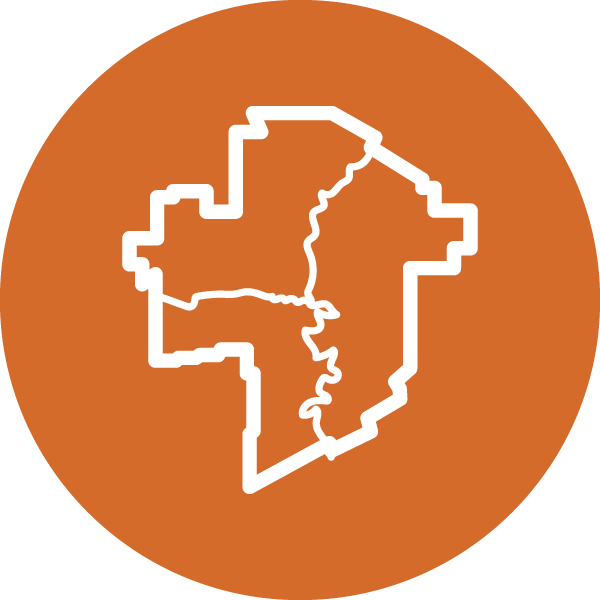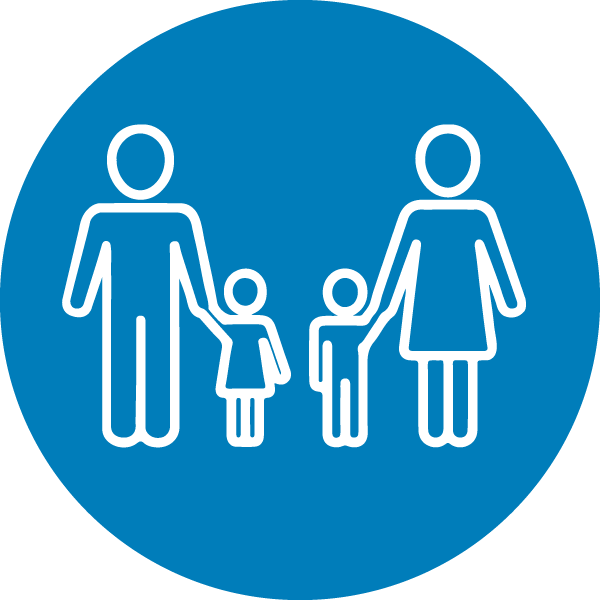Essay submitted by Anne Mahon
Author; Chancellor, University of Manitoba
My vision is driven by the challenges and triumphs of my friend Chris.
Chris is a working-man with a big smile and even bigger dreams. He is a proud father and a former gang member. We met in 2014 when he shared his life story with me for my second book Redemption: Stories of Hope, Resilience and Life After Gangs.
Chris has experienced both his grandmother’s satisfying love and the damaging impact that oppression and residential schools have on his family. He’s known trauma, violence, poverty and addiction.
“Every day I open my eyes is a blessing,” he says. “Back in the dark days I didn’t even want to open my eyes.”
I have been tasked with imagining without boundaries my hopes for Winnipeg in 2121, 100 years from now. As I write this, I’m mindful of Chris.
In 2121, Winnipeg is a place of peace, unity, opportunity and equality. Winnipeg is a just and equitable place for all. Period. Regardless of gender, race or background. Our city flourishes because of this diversity. The Truth and Reconciliation Commission’s Calls to Action and the United Nations Declaration on the Rights of Indigenous Peoples (UNDRIP) recommendations have been integrated into our society. Systemic and societal oppression of Indigenous people and People of Colour has ended. All citizens are fully respected, fully integrated and can fully contribute. Hope is palpable for all people.
As I write this today, Winnipeg has the highest concentration of urban Indigenous people in Canada and the Indigenous population is growing at a faster rate than non-Indigenous. Indigenous people are over-represented in foster care, prisons, and homelessness (to name a few). Winnipeg’s future economic, moral and societal wellbeing depends on us ending this inequality.
In 2121, mental health is treated very differently than today. There is no stigma, no silence and no shame. The whole person is valued and treated accordingly. There is easy access to experts for diagnosis and specialists for support. Programming is abundant.
These achievements of equality and mental health supports have heavily contributed to the end of poverty, especially among children. Tragically, 18.7 percent of all children (under age 18) in Winnipeg are experiencing poverty.1 We must work together to eradicate this. A unified community is not possible when some are going hungry or living on the streets.
In 2121, there is fair access to post-secondary education. Bursaries and scholarships enable lower-income, hardworking Winnipeggers to receive quality education. This broadens their opportunity to find meaningful work and to achieve the possibility in their lives. Education breaks down barriers, disrupts societal cycles and offers hope.
Funding this 2121 vision is our shared responsibility. Governments and social service providers channel our tax dollars to make a difference where they are needed. Philanthropy intelligently and strategically partners to create equity to fill in the gaps. Generosity and empathy continue to be cornerstones of our city, just as they are today. Philanthropy is visionary and supports societal innovation; a testing ground for future programming.
Philanthropy is love and hope in action: giving funds, offering support and sharing time. My friend, former refugee Muuxi Adam says, “Our lives make no sense if we are not helping others.” It is in that healthy helping that we find meaning in our own lives and create relationships and community.
Which brings me back to Chris. He, Muuxi, and other participants in my books have taught me that we all have a great deal in common, despite coming from different backgrounds and cultures. The universal truths of wanting to belong, to have satisfying work for fair pay, and to raise our families in safety, apply to us all.
We should never limit our expectations to the boundaries of what we already know.
1 Quoted in Winnipeg Without Poverty: Calling on the City to Lead. (April 2018). Make Poverty History Manitoba.
Biography
Anne Mahon is interested in people, their stories and making meaningful connections. Anne is the 14th Chancellor of the University of Manitoba, a committed life-long volunteer, and an oral history author. She has written two books which tell the stories of local communities experiencing marginalization: The Lucky Ones: African Refugees Stories of Extraordinary Courage (2013) and Redemption: Stories of Hope, Resilience and Life After Gangs (2017). All author proceeds are donated to a charity that supports the community each book represents. She is currently working on her next book. Anne enjoys interviewing her book participants just as much as she enjoyed interviewing Michelle Obama in 2019.



 Literacy, Education & Employment
Literacy, Education & Employment
